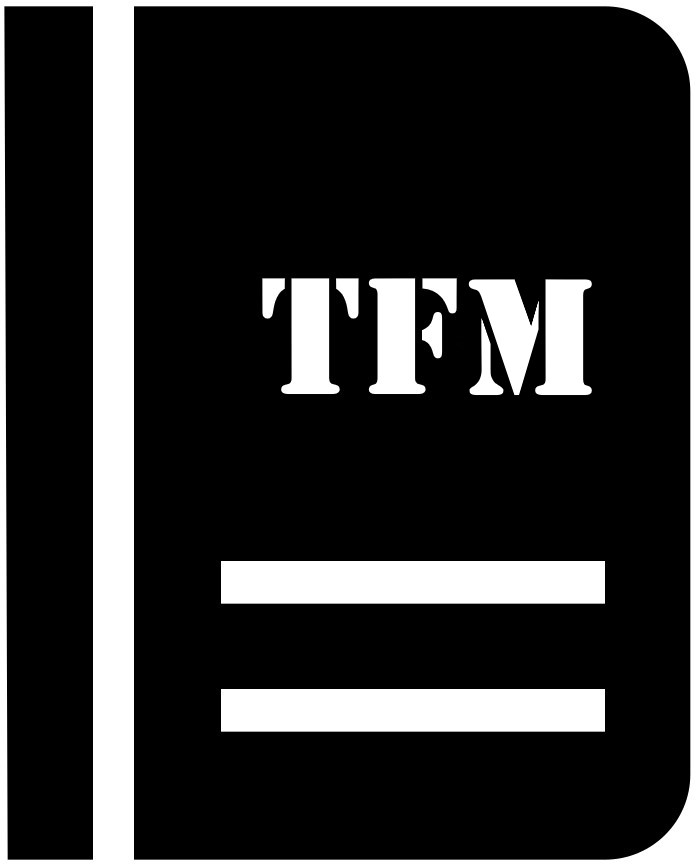|
Author
Sanchez Escudero, Jorge
|
Abstract
Cancer is among the top 10 causes of death in the world. There are many strategies that are used to try to alleviate its effects and/or heal cancer such as the use of chemotherapeutics. Inhibitors of PARP1 (gold complexes) targeting the zinc finger domain along with cisplatin have emerged as a promising strategy to treat cancer.
The interaction between the gold complexes and the zinc finger domain has produced the formation of gold adducts and reductive elimination products. As a result, it was imperative to study the mechanism of action and the number of cysteines involved in the process. Besides, taking into account the nucleophilicity of the cysteine's thiol group, it was necessary to research the chance of other kinds of nucleophiles could produce the same results.
In this project, different peptides in whose sequences contain cysteines and peptides with other nucleophilic groups in the side chains via solid-phase peptide synthesis have been synthesized, purified, and characterized by chromatography. These peptides and the gold complexes have been incubated and have studied the interaction between them. As a result of this interaction, it has observed the presence of gold adducts and reductive elimination products. This way, it is trying to understand and clarify the degree of importance of cysteines and if it is possible to observe the same types of adducts in other nucleophilic groups.
|

|



